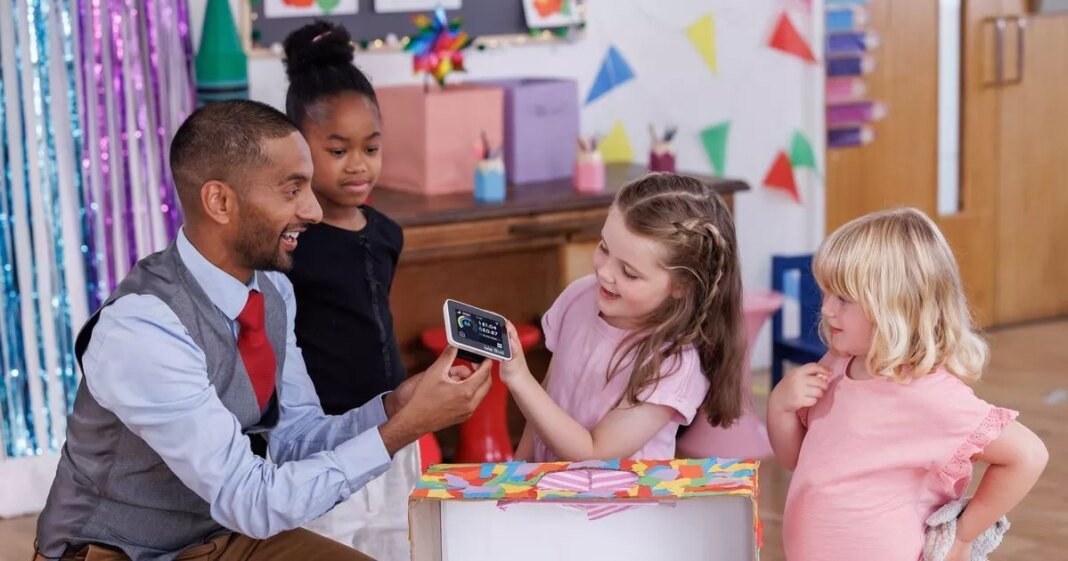Children who adopt energy-saving habits could save more than £16,500 over their lifetime, as per recent research conducted by the Energy Saving Trust on behalf of Smart Energy GB. The study examined how everyday behaviors such as turning off appliances and reducing shower times can lead to significant long-term financial savings.
Small changes in children’s routines can lead to substantial savings. For instance, teaching children aged five and above to switch off the TV could result in savings of over £942, while encouraging those over nine to limit shower times to under four minutes could potentially save £1,447. Moreover, instructing teenagers aged 13 and older to adjust their bedroom radiator before school could cut costs by over £930, and teaching 16-year-olds to run the dishwasher only when full could save an estimated £720 in adulthood.
The most significant saving identified was lowering the thermostat by one degree, which could accumulate savings of £5,937 over time. When these habits are combined, they could amount to nearly a decade’s worth of energy bills, based on Ofgem’s average yearly estimate of £1,738.
A survey conducted by Smart Energy GB, involving 750 parents of children aged six to 11, revealed that 78% of parents already encourage their children to save energy at home. Common energy-saving habits include turning off lights in empty rooms, unplugging appliances, and air-drying laundry. Most parents with smart meters believe that the in-home display helps children understand real-time energy usage.
Bobby Seagull, a math teacher and broadcaster, emphasized the importance of instilling energy-saving habits in children, noting that these actions can have a significant impact over a lifetime. He praised parents for teaching their children these skills and highlighted the role of tools like smart meters in facilitating energy conservation efforts.
In addition to energy conservation, almost all parents (98%) believe it is essential to educate children on how their behavior affects the environment. Recycling, reusing materials, and reducing water consumption are popular lessons, considered as vital as other life skills. A quarter of parents stated that environmental education is equally important as culinary skills, internet safety, and other practical knowledge.
The research, carried out through OnePoll, also surveyed 750 children aged six to 11, with 80% expressing enjoyment in conserving energy, describing it as ‘fun’ (21%) and ‘important’ (74%). Notable figures like David Attenborough, Greta Thunberg, and Steve Backshall serve as role models for these young individuals.
Victoria Bacon, director at Smart Energy GB, highlighted the value of managing energy as a crucial life skill and commended households for promoting positive energy habits among family members. She emphasized that even small changes, such as using smart meters to monitor energy consumption, can lead to noticeable savings in the long run.



